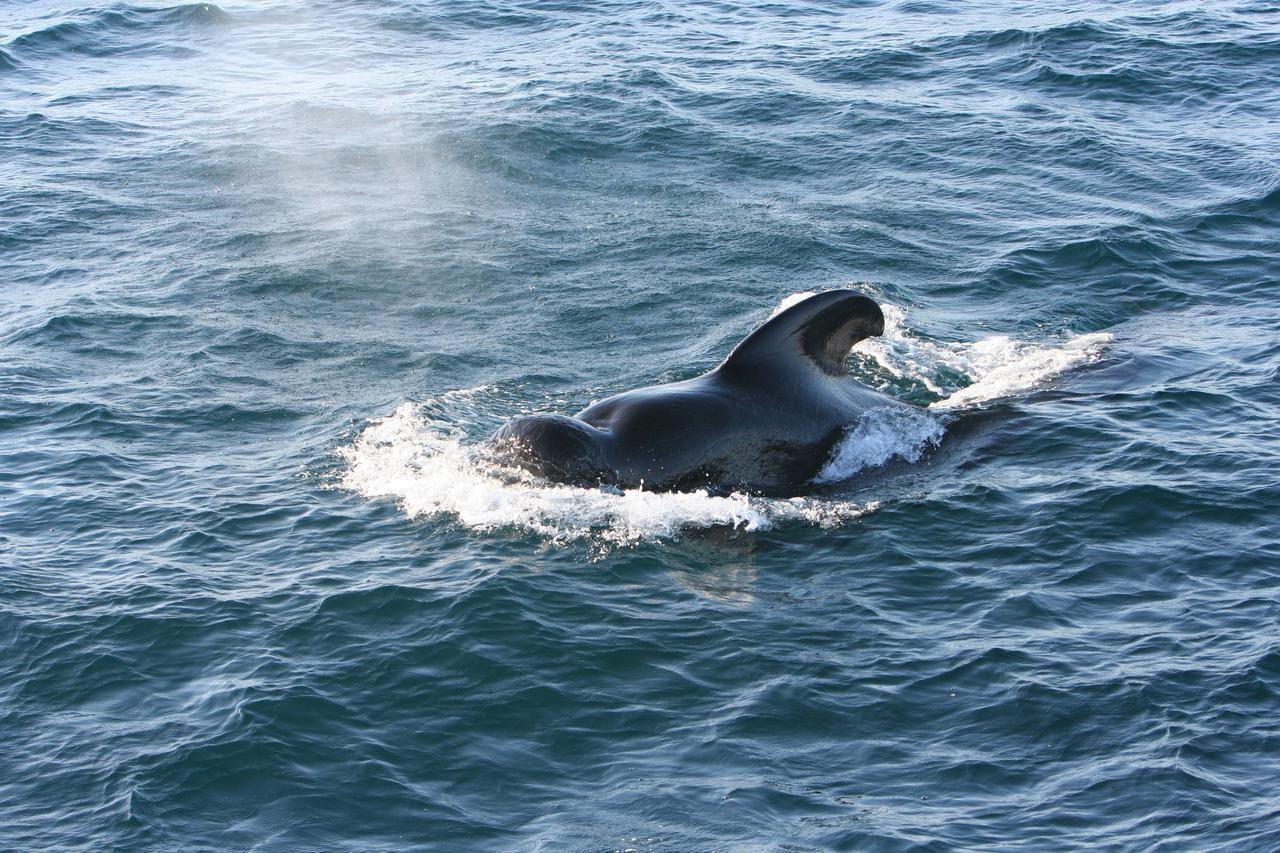Blue Planet II: Whales dying from pollution as they ingest toxic plastic
David Attenborough will deliver hard-hitting message in this week's episode

Whales are falling victim to pollution caused by humans dumping toxic plastic waste into the oceans.
David Attenborough will deliver another hard-hitting message in this week’s episode of Blue Planet II, which will follow the plight of a pod of pilot whales.
While feeding in the Atlantic ocean far from land, the creatures are filmed becoming entangled in plastic bags and dying from poisoning caused by the ingestion of plastics.
Footage shows a mother whale is filmed carrying her dead baby calf in her mouth - while other adult whales refuse to feed in apparent sympathy.
Attenborough says the calf may have been poisoned by his mother’s milk due to a food chain polluted with toxic plastic.
“Today in the Atlantic waters they have to share the ocean with plastic,” he says. “A mother is holding her newborn young – it’s dead.”
Dr Paul Jepson, an experts at the Zoological Society of London and advisor to Blue Planet II told The Times: “We know chemical pollutants can cause the death of a calf. Ingesting plastic may increase the accumulation of pollutants in the whales themselves.”
During filming, the Blue Planet team recorded all the plastic they came across, noting it was commonly found near the remotest islands.
“That's also because there are swirling currents, known as gyres, that concentrate plastics in vast 'garbage patches' towards the centre of every ocean,” assistant producer Sarah Conner told Newsbeat. "This really is a global issue, which needs a global solution.”
The volume of plastic in our seas continues to grow, with an estimated 12m tonnes of plastic waste entering the oceans each year.
The pollution is having an unprecedented impact on the health of wildlife.
In a world first, scientists this week found traces of manmade fibres and plastics in the stomachs of sea animals living at the bottom of the deepest ocean on Earth - the Mariana Trench - revealing how no part of the ocean remains unpolluted by humans.
Meanwhile, climate change continues to devastate marine life and wipe out species.
A study this week found Pacific Island nations could lose as much as 80 percent of their fish by the end of the century, as the region is projected to become warmer, less oxygenated and more acidic - affecting the food chain.
Join our commenting forum
Join thought-provoking conversations, follow other Independent readers and see their replies
Comments
Bookmark popover
Removed from bookmarks